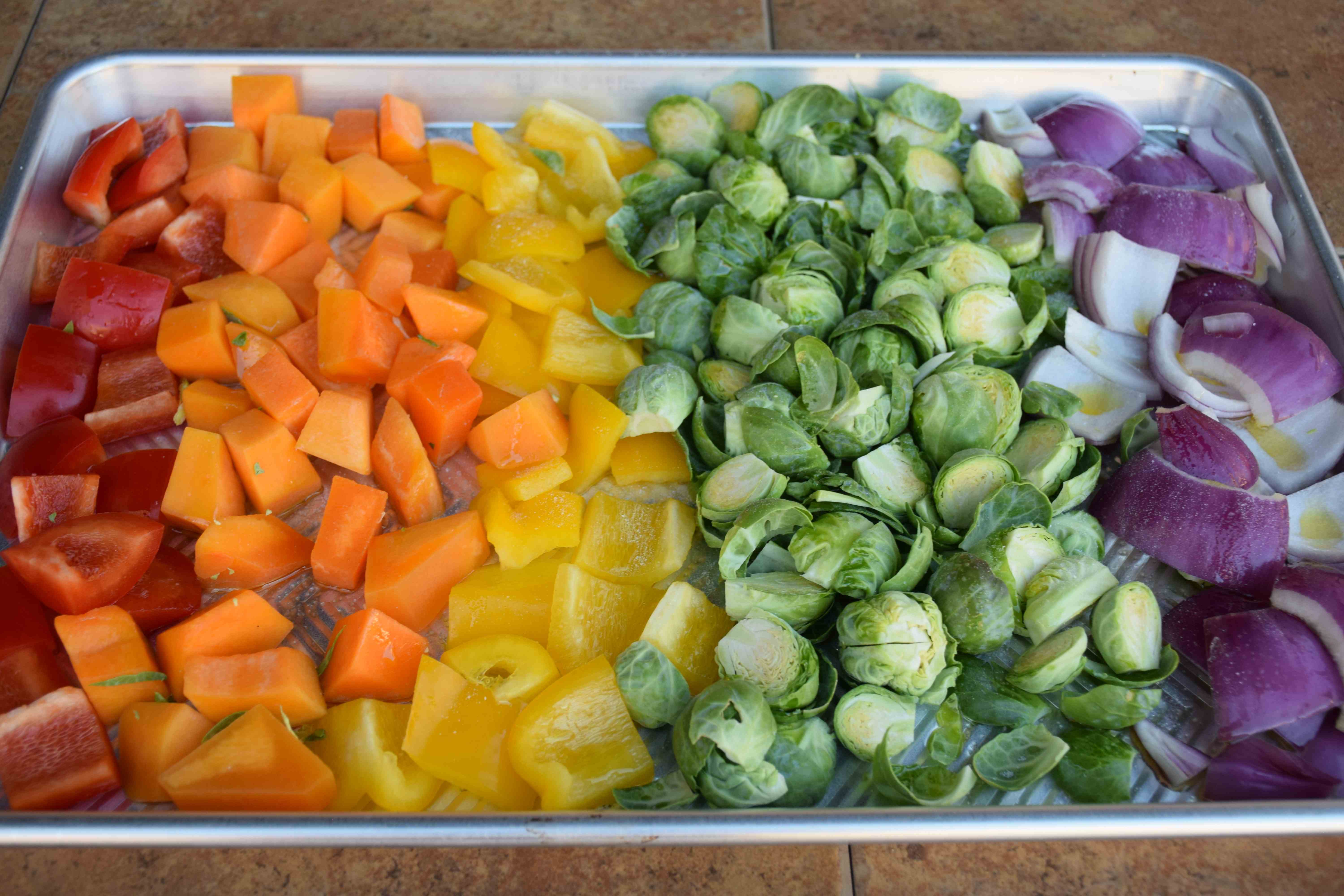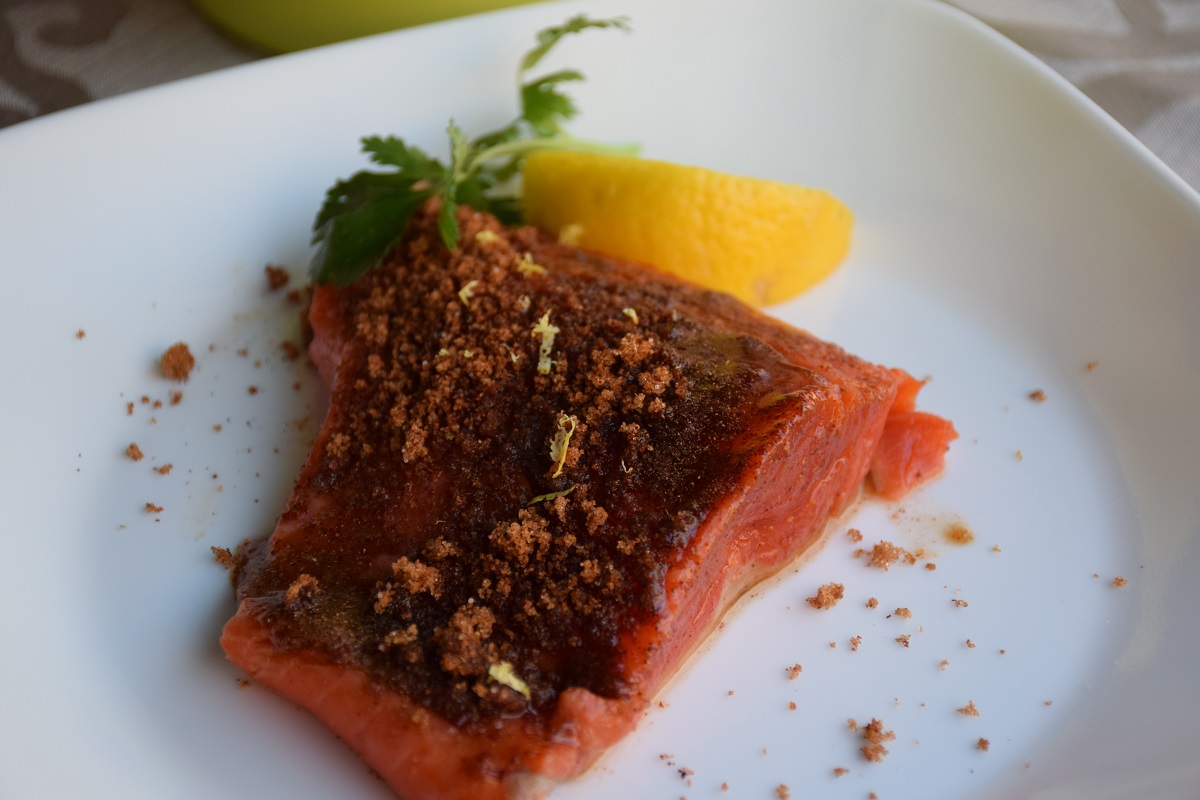I had the honor last night to speak for the Leukemia and Lymphoma Society’s Cancer Survivorship Seminar. We had some other amazing speakers last night also including Dr. Arana Yi, Anastasia Estocin, and Kathryn Fearnside. It was a wonderful evening of good food and fellowship with fellow survivors. A special thank you to the LLS for organizing this wonderful event! http://www.lls.org/who-we-are/about
Healthy Lifestyle
My portion of the seminar was of course on good nutrition both during chemotherapy and also after chemotherapy in the context of improving quality of life and length of life. We know that a healthy lifestyle can improve both of these greatly! When discussing a healthy lifestyle we are including physical activity, nutrition, weight management, stress management, and other preventative health issues such as vaccines. We are also talking about avoiding tobacco, limiting alcohol, and practicing sun safety. We also know that sometimes we do everything right and we still get the diagnosis. Don’t think it is your fault! We can reduce risk, but even so it can still happen.
Physical Activity
Cardiovascular, strength, and flexibility activities are important for everyone, but especially for those who have survived cancer. A major side effect of many cancer treatments is muscle loss and so strength training exercises are very important. Exercise can also have a very positive effect on balance, fatigue, emotional well-being, and overall quality of life.
Weight Management
Weight gain is common after treatment so paying attention to weight can be helpful. Weight management is hard! Start with small steps and work on INCREASING the foods that are helpful in recovery like vegetables! When we focus on what we should be eating more of, we have less time to feel deprived.
Increase these to Reduce Effects of Chemo
- EPA and DHA (omega-3’s fatty acids). Food is best here, but if you must take a supplement look for one that is approved by a third party company that will evaluate these products like USP (United States Pharmacopoeia). Also use caution with any supplements as some including omega-3’s are natural blood thinners.
- Strontium. There is some research that strontium can reduce side effects of chemo.
- Glutamine. Research shows cancer patients can take this amino acid to lessen mouth sores and diarrhea at up to 40 grams per day.
- Vitamin B6 may help reduce neuropathy at 200 mg 2 times daily.
Foods to Increase to Prevent Cancer
- Lycopene: found in tomatoes may prevent prostate cancer
- Antioxidants: *Curcumin (present in turmeric): reduces inflammation, *Beta-carotene (citrus, carrots, red peppers), *Vitamins C and E (most fruits and vegetables, nuts), *Selenium (whole grains, legumes, sunflower seeds, nutritional yeast), *Zinc (beef, lamb, seafood, wheat germ, spinach, nuts, seeds), *Co-Q10 (seafood, spinach, cruciferous vegetables)
- Vitamin D may protect against colon cancer
- Folic Acid, dark green vegetables
- Fresh Vegetables contain cholorphyll, prebiotics, and antioxidants which are all helpful in preventing some cancers.
- High Fiber foods have been shown to reduce risk of colon cancer.
- Omega-3 Fatty Acids found most abundantly in fatty fish
- Flax Seeds, ground
Foods that Show Promise in Preventing Cancer (some evidence)
- Allium vegetables: garlic, onions, leeks
- EGCG (Epigallocatechin gallate) in green tea
- Genistein in soybeans
- Resveratrol in grapes
- Sulforaphane in broccoli, cauliflower and brussel sprouts
Decrease These to Prevent Cancer
- Alcohol
- High Fat Meats
*HCA’s (heterocyclic amines) and PAH’s (polyaromatic hydrocarbons): produced when cooking meats at high temperatures. Marinating meats helps reduce these.
*AGE (advanced glycation end products): Promote oxidation that may lead to inflammation and cancer.
- HCA’s, PAH’s, and AGE products are found in beef and cheese as the highest sources. Pork, eggs, mayo, processed foods are moderate sources of these.
- Processed Meats (nitrates)
- Sugars
Take Aways
- Eat more fresh produce, especially vegetables
- Use herbs and spices to flavor foods. You can find some great recipes at https://www.rebeccakatz.com/
- Be diligent about managing a healthy weight.
- Limit alcohol, sugar, high fat meats, processed meats, and processed carbohydrates.
- Move More!
To read more about the benefits of a healthy diet related to cancer: https://consumer.healthday.com/cancer-information-5/mis-cancer-news-102/balanced-diet-may-be-key-to-cancer-survival-734725.html


